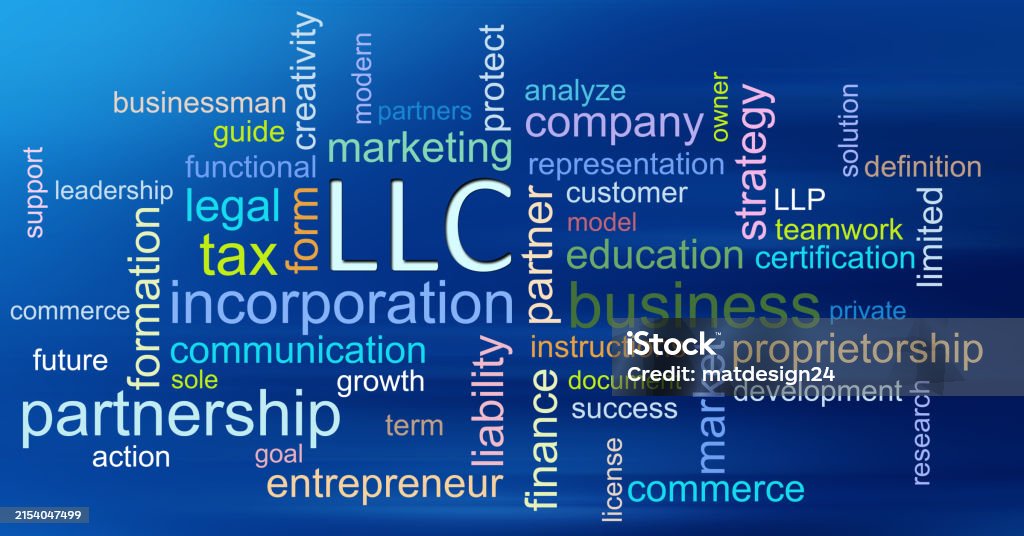A subsidiary is a local extension of a foreign company, giving it a legal footprint in Burkina Faso while keeping ownership centralized. It’s the perfect balance—local presence, and global control. But there’s a right way to do it, and there’s a way that leads to red tape, delays, and frustration. This guide is the difference between those two paths.

Choosing the right structure
Burkina Faso’s legal system doesn’t believe in a one-size-fits-all approach. Subsidiaries can take different forms, and picking the wrong one is an expensive mistake.
Société à responsabilité limitée (SARL)
The go-to choice for most businesses. It offers limited liability, straightforward management, and a reasonable setup process.
Société anonyme (SA)
The heavyweight. Ideal for large-scale operations, requiring a higher minimum capital but offering credibility and flexibility for public investment.
Branch office vs. subsidiary
A branch is fully controlled by the parent company but has fewer legal protections. A subsidiary is a separate legal entity, shielding the parent company from local liabilities.
Choosing the right structure shapes everything—tax obligations, liability, and operational flexibility.
Legal and regulatory requirements
Burkina Faso doesn’t believe in shortcuts when it comes to business compliance. Every subsidiary must align with strict legal frameworks.
Company name registration
The subsidiary’s name must be unique and registered with the Burkina Faso Business Formalities Center (CEFORE).
Statutes and articles of association
The legal DNA of the company, outlining governance, ownership, and operational rules.
Taxpayer identification number (TIN)
Without this, the business doesn’t exist in the eyes of the tax authorities.
Commercial license
Every company must be listed in the Registre du Commerce et du Crédit Mobilier (RCCM) before legally operating.
Sector-specific approvals
Certain industries require extra permits, from finance to mining to telecommunications.
Skipping any of these steps is not an option. Compliance is non-negotiable.
Capital requirements and financial setup
Money talks, and in Burkina Faso, it also dictates how a subsidiary is structured.
- SARL Minimum Capital – XOF 1,000,000 – A manageable requirement, making it the most common business structure.
- SA Minimum Capital – XOF 10,000,000 – For businesses playing in the big leagues, offering credibility and investment potential.
- Corporate Bank Account – A must-have for financial transactions, requiring proof of incorporation and legal compliance.
- Accounting & Auditing Obligations – Tax laws demand transparency, with financial statements audited annually for compliance.
Financial clarity from day one saves time, prevents penalties, and builds credibility in the local market.
The registration process
The process is structured, but missing a step means delays, frustration, and unnecessary costs.
Reserve the company name
Handled by CEFORE, ensuring no other business operates under the same name.
Draft legal documents
Articles of Association, shareholder agreements, and all required corporate statutes.
Register with RCCM
The commercial registry that grants official recognition.
Obtain TIN and tax registration
Issued by the General Tax Directorate, making the company tax-compliant.
Secure business permits
Sector-specific licenses, environmental approvals, or industry-related authorizations.
Open a business bank account
The final step before operational launch.
Each step must be executed with precision. One missing document, one delayed approval, and the entire process stalls.
Employment and compliance
A subsidiary means local employees, labor laws, and compliance with Burkina Faso’s employment regulations.
- Work Permits & Visas – Foreign employees require legal authorization to work.
- Social Security Contributions – Mandatory payments to the Caisse Nationale de Sécurité Sociale (CNSS).
- Employment Contracts – Must align with Burkina Faso’s labor code, covering salaries, benefits, and rights.
- Payroll & Taxation – Income tax, corporate tax, and VAT compliance must be managed professionally.
Ignoring labor laws leads to legal battles, fines, and operational disruptions. Compliance isn’t optional—it’s survival.
Taxation and financial obligations
Burkina Faso operates a structured tax system, and subsidiaries are fully integrated into it.
- Corporate Tax – 27.5% – Standard rate for business profits.
- Value Added Tax (VAT) – 18% – Applies to most goods and services.
- Dividend Tax – 12.5% – Applies to profit distributions to shareholders.
- Payroll Tax – 3% – Deducted from employee salaries.
Tax optimization isn’t avoidance—it’s strategy. Understanding deductions, incentives, and compliance rules prevents unnecessary financial strain.
Common mistakes that destroy expansion plans
- Underestimating Bureaucracy – Registration takes time, and rushing it leads to mistakes.
- Ignoring Local Partnerships – A strong local presence accelerates approvals and simplifies operations.
- Skipping Tax Compliance – The tax authorities don’t tolerate mistakes. Penalties are severe.
- Weak Legal Structuring – A poorly drafted legal framework exposes the parent company to liabilities.
Expansion is an investment. Getting it wrong is expensive.
Final thoughts
Registering a subsidiary in Burkina Faso isn’t just paperwork—it’s a calculated move into a high-potential market. The process is detailed, the regulations are strict, and success depends on precision. Every document, every approval, and every compliance step matters.
This is about building a business, not just registering one. The companies that master the process today are the ones dominating the market tomorrow.
You may also find these articles helpful
Types of legal business structures in Burkina Faso
Guide on company registration in Burkina Faso




